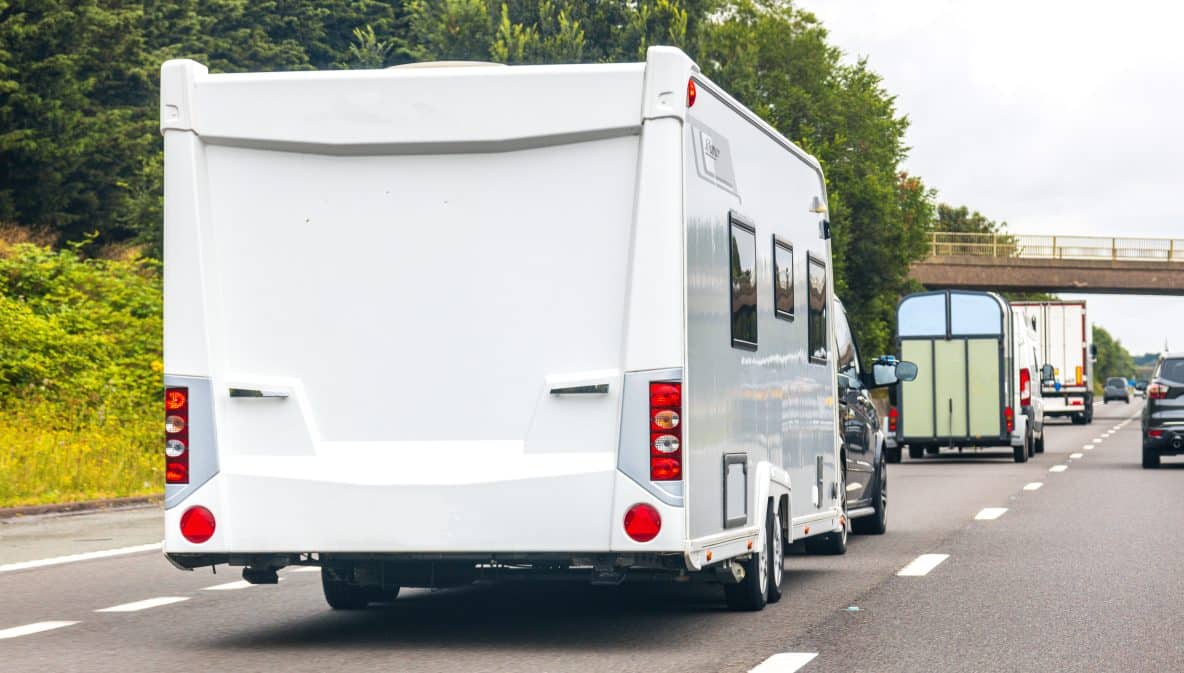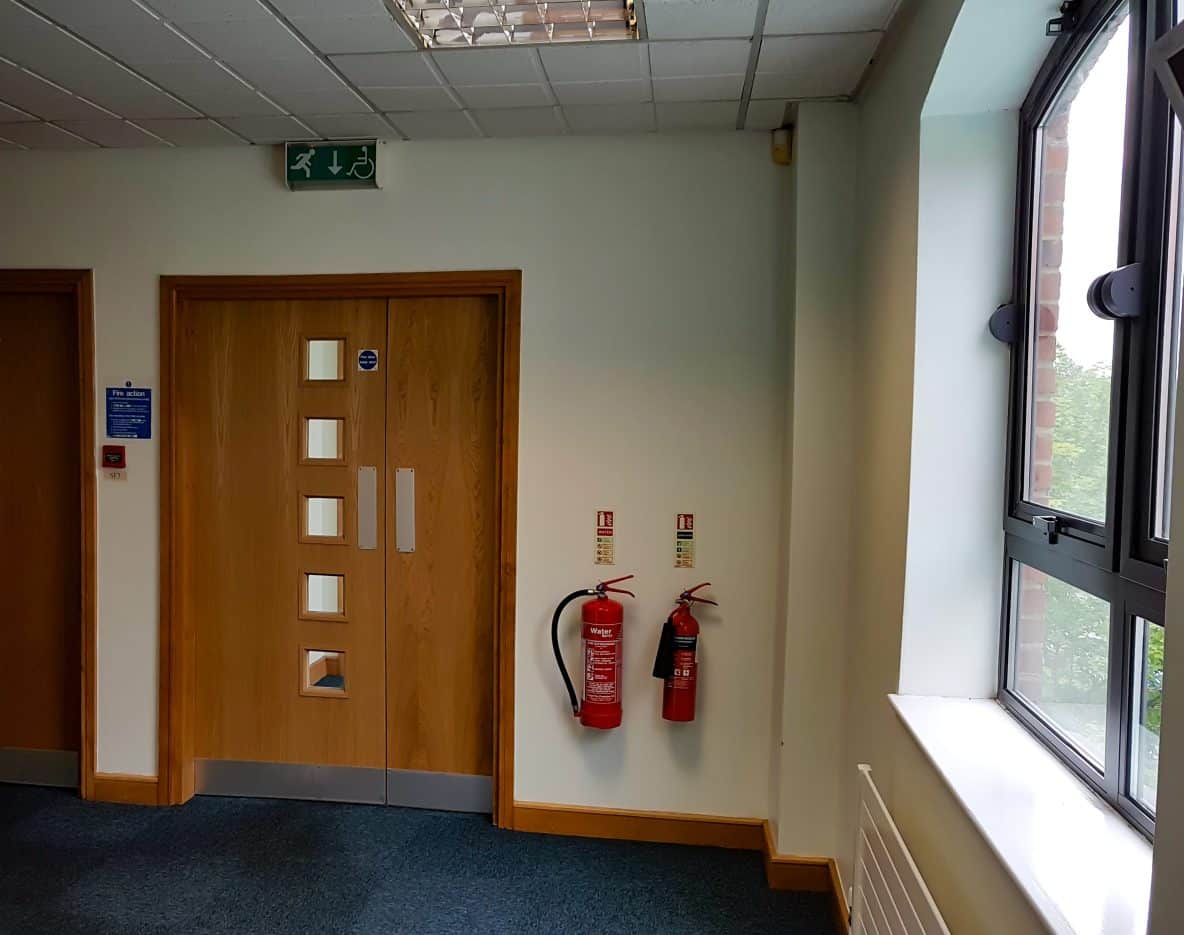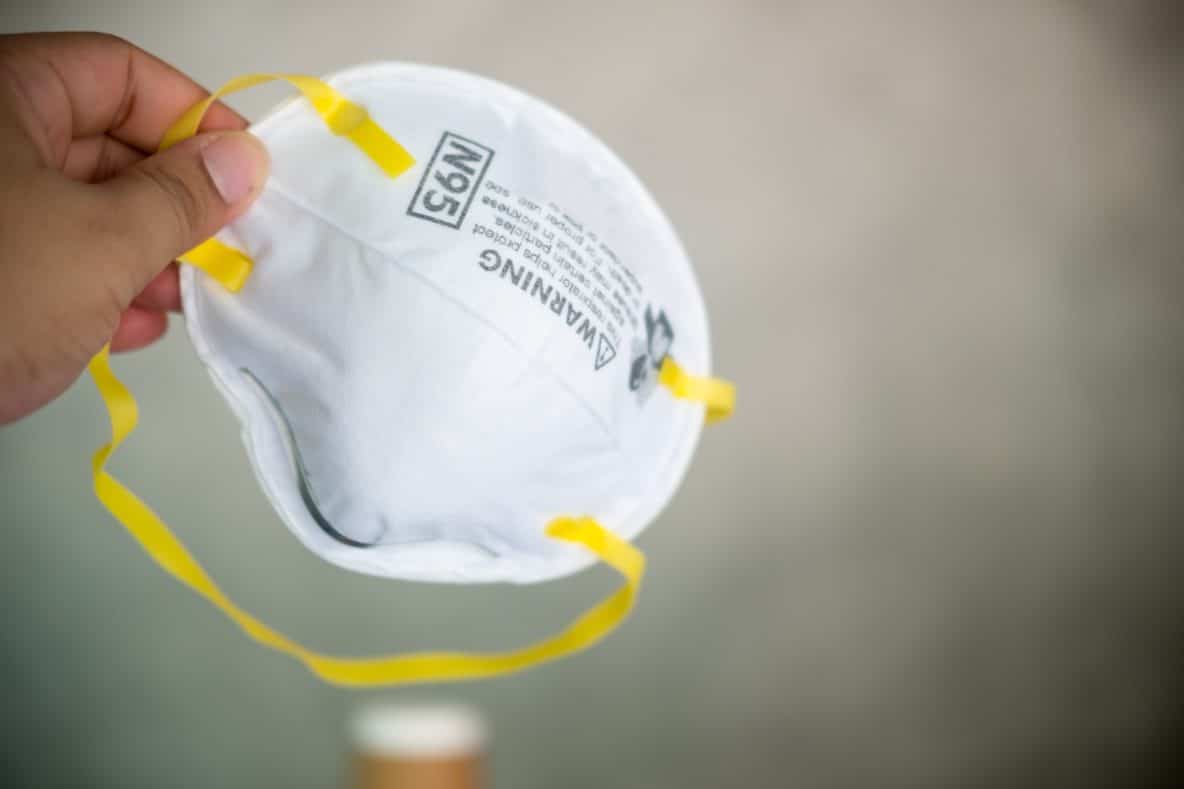The great British summer is fast approaching and temperatures are set to rise, while this may be good news for those looking forward to relaxing in the shade with a cool drink, it can cause problems for those busy at work. Working outdoors during the summer months can be harmful to your skin and long-term health. Ultraviolet (UV) rays from … Read More
HSE LAUNCH THEIR STRATEGY FOR THE NEXT TEN YEARS
The Health and Safety Executive (HSE) recently published their strategy for the next 10 years setting out their mission, vision, values, strategic objectives and themes. Bearing in mind the fundamental purpose of the HSE the strategy is largely what you would expect from such an organisation and includes commitments to: “Maintain Great Britain’s record as one of the safest countries … Read More
UPDATED GUIDANCE FOR NEW AND EXPECTANT MOTHERS AT WORK
The HSE recently announced a change to their guidance for employers who are notified by a worker that they are either pregnant, have given birth in the last 6 months or that they are currently breastfeeding. All employers have legal duties to put in place arrangements to control risk to the health and safety of their employees and others who … Read More
TRAILER SAFETY ACCREDITATION SCHEME
The Driver and Vehicle Standards Agency (DVSA) has launched a new trailer safety accreditation scheme. Under the scheme, DVSA are recognising expert organisations who will approve individual trainers to provide courses following learning to drive a car and trailer syllabus developed by DVSA and industry experts. It is understood that a variety of courses will be available covering large and … Read More
NEW GUIDANCE FOR PASSIVE FIRE PROTECTION
Passive fire protection is those parts of a building or structure that slow the spread of fire or smoke such as fire-resistant glazing, firewalls and doors. As building technology develops so too does the range of materials and systems that can be used. The Association for Specialist Fire Protection (ASFP) have recently published three new guidance documents concerning the following … Read More
DRUG DRIVERS TO BE REQUIRED TO COMPLETE REHABILITATION COURSES
In a recent statement the Department for Transport launched a call for evidence on proposals to require drivers convicted of drug driving to complete a rehabilitation course before being allowed back behind the wheel. Traditionally it has been illegal to drive a motor vehicle in a public place while unfit through drink or drugs. Specific limits have been in place … Read More
HGV AND PSV MAINTENANCE AND OPERATION
The Driver and Vehicle Standards Agency (DVSA) carry out maintenance investigations of vehicle operator licence holders in England, Wales and Scotland in order to check if the operator has suitable systems, facilities and arrangements in place to maintain their vehicles. Following an investigation the operator will receive a report which says whether their systems and facilities are satisfactory, mostly satisfactory … Read More
EAR LOOP FACE MASKS AND RESPIRATORS SAFETY ALERT
The HSE recently issued a safety alert regarding the use of respirators and face masks that rely on ear loops to hold them in place. Inhaling fumes, chemicals or other hazardous substances at work can cause permanent damage to health, triggering conditions such as asthma and lung disease or cancers. Where those risks can’t be controlled by other means then … Read More
UNDERSTANDING YOUR BRAKE TEST REPORT
Heavy Goods Vehicles and relevant trailers should have their brakes tested by a roller brake tester at least 4 times per year, including at the MOT. A report will be provided once the test has been completed. While the headline part of the report is whether or not the test has been passed or failed, more information is provided. The … Read More
NEIGH PROBLEMS: UPDATED GUIDANCE FOR TRANSPORTING HORSES
In order maintain road safety it is important that drivers know how to handle the vehicle they are driving or towing and that the vehicle or trailer is in roadworthy condition. Horseboxes and horse trailers are often only used infrequently and can spend long periods sitting idle. Defects can develop while a vehicle or trailer is unused. So it is … Read More









